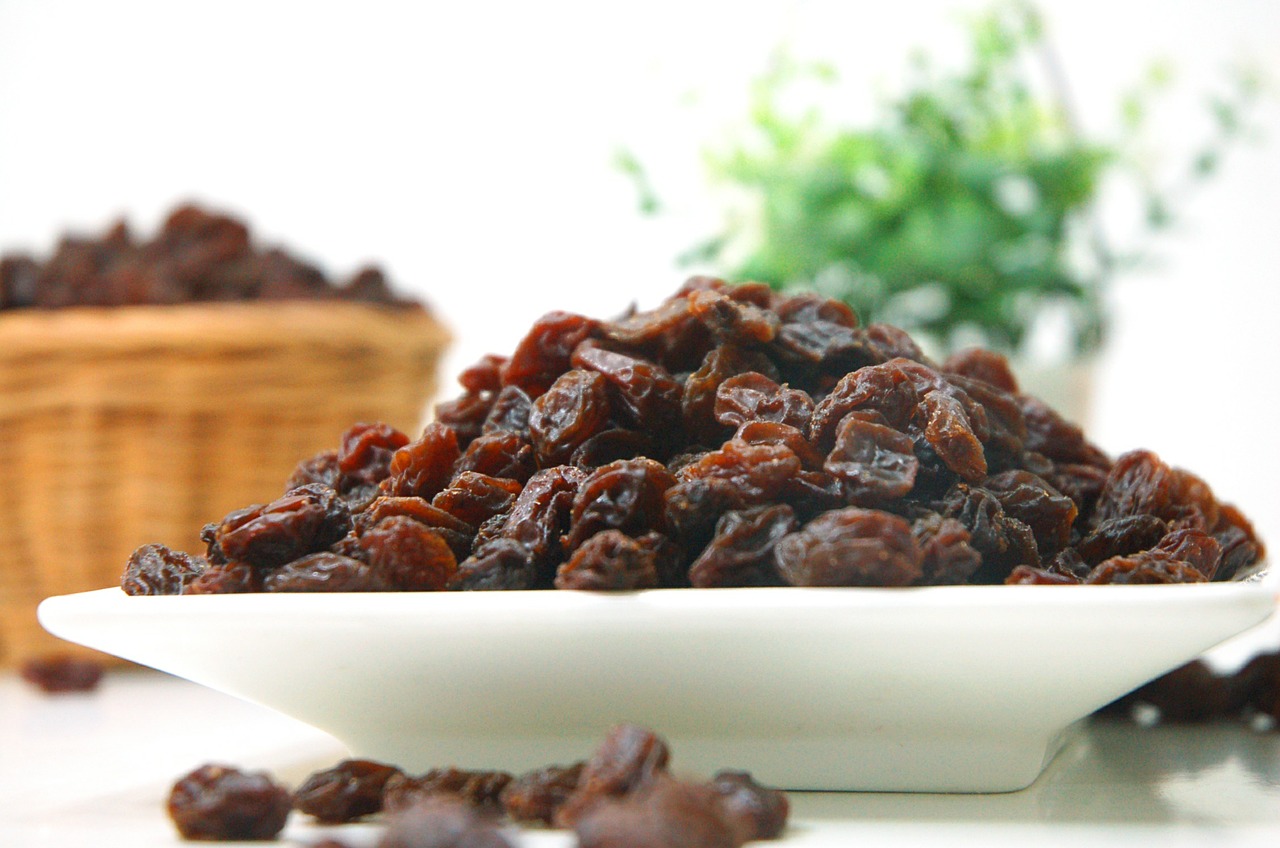It is considered one of the ‘superfoods’ produced in the Greek land, as it provides a multitude of nutrients. Corinthian raisins are also called “black gold”, as they are rich in fibre, sugars and micronutrients of particular value to the human body.
Part of the fibre of raisins concerns the so-called fructans, prebiotics with a positive effect on many health indicators.
A prebiotic is defined as any indigestible nutrient that beneficially affects the flora of the colon, by selectively promoting the growth and / or action of one or a group of bacteria, which have been shown to improve the health of the body. Think of it like this: Every time you eat raisins, you feed the good bacteria in your gut.
Mert Kaya: Greeks must know someone is working for Islamized Greeks in Turkey
The predominant nutrient in the Corinthian raisins is definitely potassium, while the latest analyses indicate that it also offers notable quantities antioxidants (vanillic acid, gallic acid, caffeic acid, quercetin, anthocyanins, etc.), as well as hydrosolubles B1, B2, B6, C, although it is a dried fruit.
A study by scientists from Harokopio University that researched the action of a special extract of Corinthian raisins on human colon cancer cells, concluded that the extract had significant antioxidant, anti-inflammatory and cytoprotective (stimulate mucus production and enhance blood flow throughout the lining of the gastrointestinal tract) effects.
The high content of powerful antioxidants in these raisins, which the human body can absorb and utilise (their scientific name is bioavailable), seems to be the main cause of these positive effects.
Ask me anything
Explore related questions





